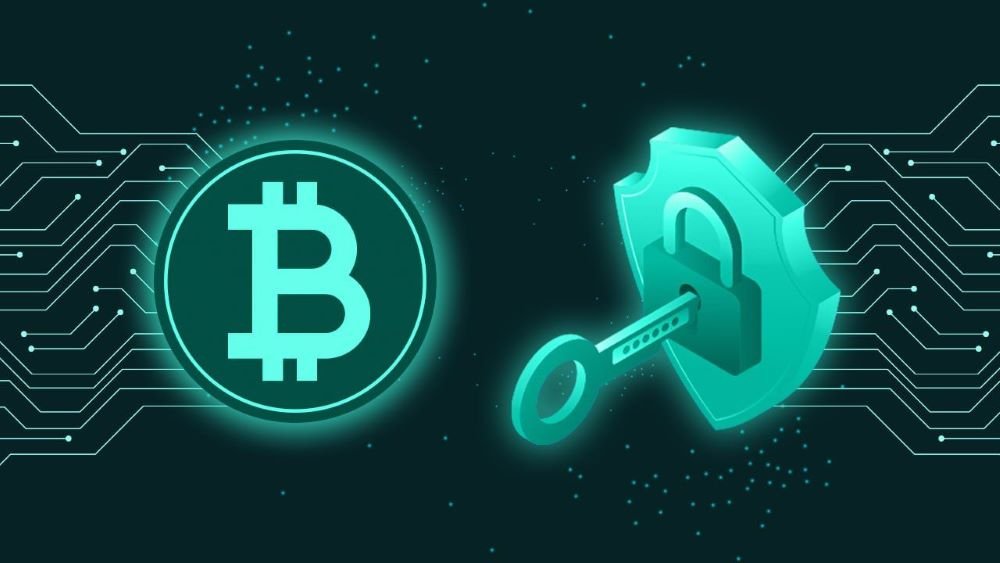Cryptocurrency is becoming more popular every day. While it offers many benefits, like faster payments and global access, it also brings risks. One of the biggest concerns is security. In this blog, we will learn how to keep your digital wallet and assets safe from hackers and other threats.
What is a Digital Wallet?
A digital wallet is like a virtual wallet where you store your cryptocurrency, such as Bitcoin or Ethereum. You can use it to send, receive, and manage your coins. There are two main types of wallets: hot wallets and cold wallets.
- Hot Wallets: These are connected to the internet. They are easier to use but can be hacked if you’re not careful.
- Cold Wallets: These are offline wallets. They are safer but harder to access quickly.
Why is Cryptocurrency Security Important?
Since cryptocurrencies are digital, they can be stolen by hackers. If someone gets access to your digital wallet, they can take all your coins. Unlike a bank, there is no way to get your money back once it’s gone. So, it’s important to understand how to protect your wallet and assets.
Ways to Secure Your Digital Wallet
1. Use Strong Passwords
One of the easiest ways to protect your wallet is by using a strong password. Make sure your password is long, contains numbers, special characters, and both uppercase and lowercase letters. Avoid using easy-to-guess passwords like “123456” or “password.”
2. Enable Two-Factor Authentication (2FA)
Two-Factor Authentication (2FA) adds an extra layer of security. With 2FA, you need to enter a code sent to your phone or email before you can access your wallet. Even if someone gets your password, they can’t access your account without this code.
3. Keep Your Private Keys Safe
A private key is like the password to your cryptocurrency. Only you should know it. Never share your private keys with anyone. If someone gets your private key, they can steal your cryptocurrency.
4. Use Cold Wallets for Large Amounts
If you have a lot of cryptocurrency, it’s best to store it in a cold wallet. Since it’s offline, it’s much harder for hackers to get to it. You can keep a smaller amount in a hot wallet for everyday transactions.
5. Beware of Phishing Scams
Phishing is when hackers trick you into giving them your private information, like your wallet password or private keys. Be careful of emails, messages, or websites that ask for your details. Always double-check that you are on the official website before entering any information.
6. Backup Your Wallet
It’s important to backup your wallet regularly. If you lose your phone, computer, or cold wallet, you can restore your wallet using the backup. Write down your backup phrase and keep it in a safe place.
7. Update Your Software Regularly
Make sure to update your wallet software regularly. Updates often fix security issues and help protect your wallet from hackers.
8. Use Secure Internet Connections
When accessing your wallet online, always use a secure internet connection. Avoid using public Wi-Fi, as it can be easy for hackers to intercept your data. Use a virtual private network (VPN) to make your connection safer.
Common Mistakes to Avoid
- Using the Same Password: Don’t use the same password for your wallet and other accounts. If one gets hacked, they all do.
- Not Checking URLs: Always check that you’re on the official website before entering your wallet details. Hackers create fake websites that look real.
- Ignoring Updates: Not updating your wallet software leaves it vulnerable to attacks.
Protecting Your Cryptocurrency Assets
1. Spread Your Assets
Don’t put all your cryptocurrency in one wallet. Spread your assets across multiple wallets. This way, even if one wallet is hacked, you won’t lose everything.
2. Be Careful with Exchanges
If you buy or sell cryptocurrency on exchanges, don’t keep your coins there for a long time. Exchanges can be hacked. Transfer your coins to your own wallet as soon as you finish trading.
3. Keep an Eye on Your Wallet
Check your wallet regularly to make sure there are no unauthorized transactions. If you notice anything suspicious, take action immediately.
The Role of Security in Cryptocurrency
Cryptocurrency security is more than just protecting your wallet. It also means staying informed about the latest threats and learning how to avoid them. Cryptocurrency is still new, and hackers are always looking for new ways to steal it. By following these steps, you can keep your digital wallet and assets safe.
Conclusion
In the world of cryptocurrency, security is key. Protecting your digital wallet and assets from hackers is your responsibility. By using strong passwords, enabling two-factor authentication, keeping your private keys safe, and being aware of phishing scams, you can significantly reduce the risk of losing your cryptocurrency.
Remember, prevention is better than cure. Once your cryptocurrency is stolen, it’s almost impossible to get it back. So, take the time to follow these steps and keep your assets safe.
